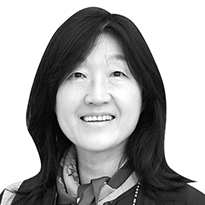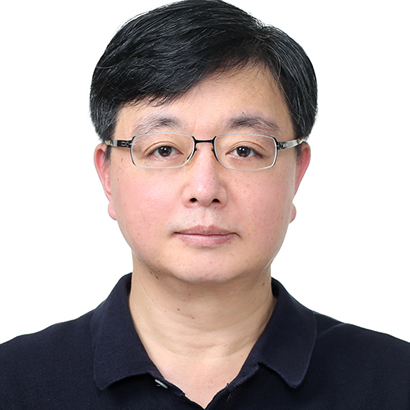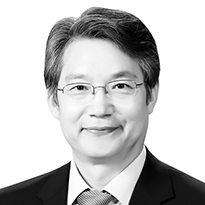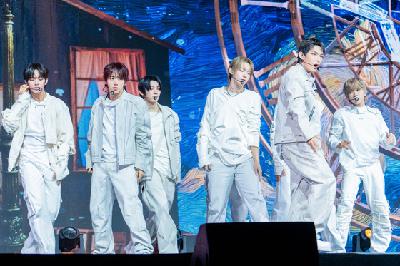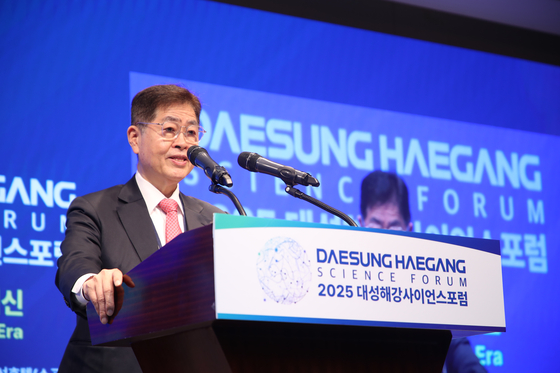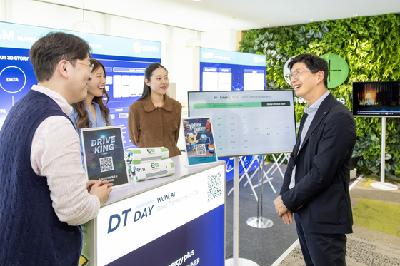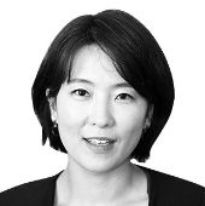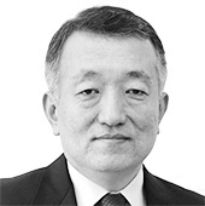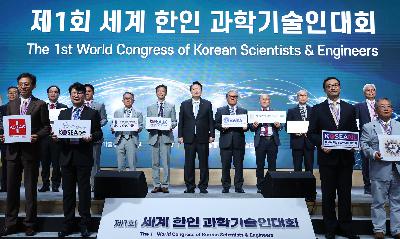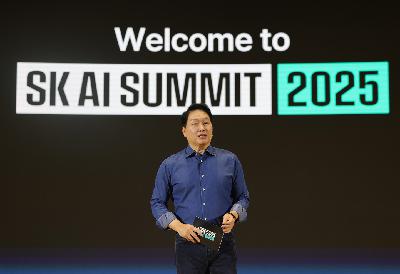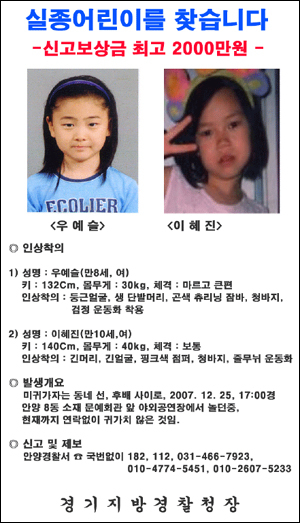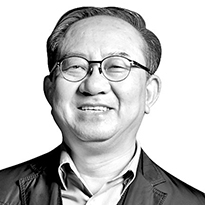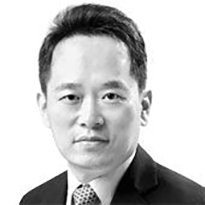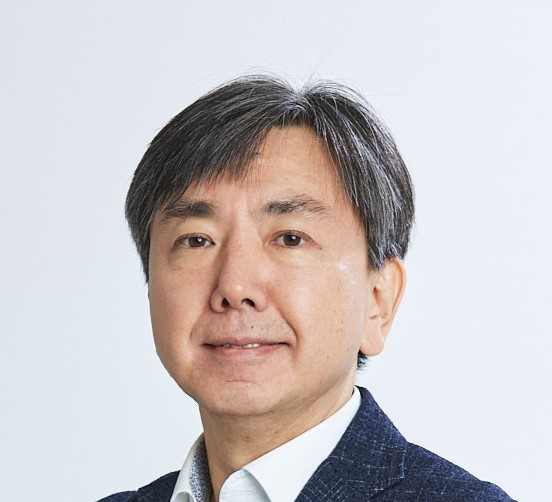Korea moves to join global top three in AI with Nvidia alliance
Update: 2025-11-02
Description
Korea has gained a pivotal opportunity to emerge as one of the world's top three AI powers. Nvidia, which controls about 90 percent of the global AI semiconductor market, has agreed to form an "AI alliance" with major Korean companies including Samsung Electronics, SK, Hyundai Motor and Naver. As part of the deal, the U.S. chipmaker will supply 260,000 of its latest graphics processing units (GPUs), valued at up to 14 trillion won, to the Korean government and private sector on a priority basis.
GPUs are the core hardware behind AI development and are in short supply worldwide. Korea currently holds only about 45,000 Nvidia GPUs. Once the new units are delivered, its total volume would place it among the top three globally. It is also unprecedented for Nvidia to send as many as 260,000 of its Blackwell GPUs to a single country. Korea, often seen as trailing the United States and China in AI, may now have the means to close the gap. Analysts are calling it a turning point in AI infrastructure.
The alliance could also allow Korea to take a lead in what is being called "physical AI." The term refers to AI that operates in the real world through robotics, autonomous vehicles or smart factories. Korean companies such as Samsung and Hyundai Motor plan to build AI factories using Blackwell-based systems, with the aim of leading in smart manufacturing, mobility and robotics.
The partnership's potential is significant. If Korea's strengths in semiconductors, automobiles, batteries and shipbuilding are combined with high bandwidth memory chips and Nvidia's latest AI processors, it could generate powerful synergies. Industry officials say the deal could reset the global AI ecosystem and position Korea as a future "factory of AI industries." Nvidia CEO Jensen Huang said Korea has "software, manufacturing and AI capabilities," suggesting his optimism was more than diplomatic courtesy.
Yet this is only the beginning. To turn opportunity into leadership, Korea will need careful planning and strong execution. The government must offer financial and tax incentives to encourage companies to invest in AI infrastructure and R&D. Labor regulations that restrict working hours in AI research, and other barriers that hinder corporate innovation, will need to be reformed. Expanding electricity grids, securing specialized talent and building data centers will also be critical tasks.
If the public and private sectors act together with a national-level commitment, Korea's ambition to become a global AI hub may move from aspiration to reality.
This article was originally written in Korean and translated by a bilingual reporter with the help of generative AI tools. It was then edited by a native English-speaking editor. All AI-assisted translations are reviewed and refined by our newsroom.
Comments
In Channel


